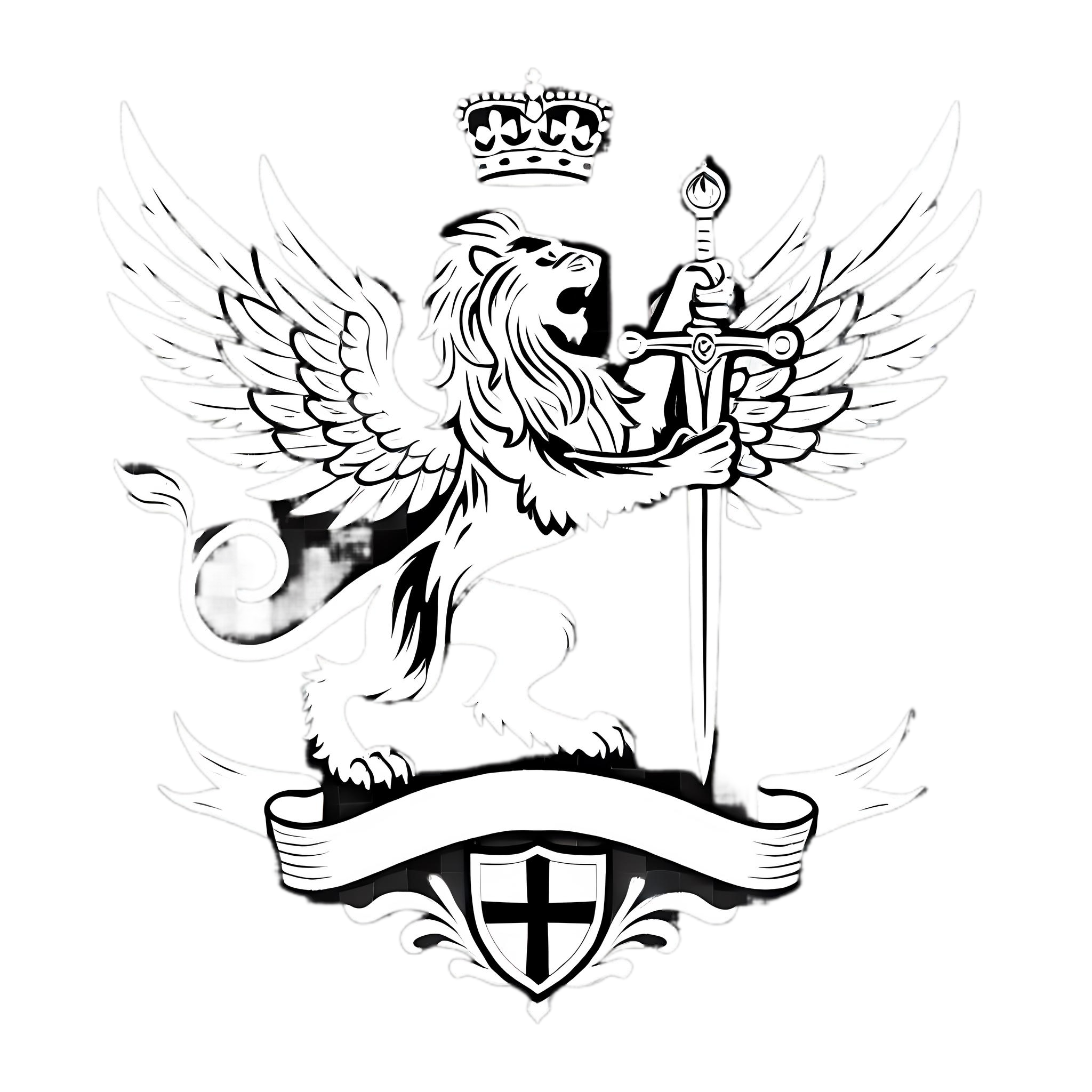I’ve always been fascinated by thought – human thought; monkey thought; group thought; subconcious processes; dream thought; machine thought; metaphorical analogs of thought—by the different paths our minds take to navigate the world’s complexity. My own approach has never felt particularly conventional, and only recently did I realize just how different it might be from the norm. This reflection isn’t meant to showcase any special ability; rather, it’s about opening a dialogue, comparing notes, and understanding how we each handle the challenges of a fast-changing world.
Intelligence is often downplayed in modern discourse, partly to maintain social harmony and inclusivity. However, raw intellectual horsepower alone isn’t enough to translate into meaningful achievements. Intelligence must be coupled with other critical strengths—emotional intelligence, strategic thinking, discipline, resilience, and execution ability—to generate real-world impact.
In many ways, intelligence serves as the foundation for problem-solving, pattern recognition, and innovation, but without the ability to apply it effectively, it can become inert potential. History is littered with highly intelligent individuals who achieved little because they lacked the necessary drive, social acumen, or strategic thinking to leverage their intellect in a practical way.
Conversely, we see many cases where individuals whom we attribute only moderate intelligence succeed due to superior execution, networking, creativity, systems understanding and adaptability. Intelligence, therefore, is best viewed as an amplifier—when combined with the right traits and skills, it enhances outcomes exponentially. But on its own, it’s just a latent force.
A better model is a synthesis: intelligence guiding strategy, emotional intelligence navigating human dynamics, and discipline ensuring follow-through.
There’s a strange obsession with assigning IQ scores to high achievers, as if a single number can fully encapsulate their capabilities or explain their success. It’s an oversimplification that ignores the reality of how intelligence interacts with other crucial factors—drive, risk tolerance, vision, adaptability, and strategic thinking.
The idea that university professors or celebrity scientists are inherently more intelligent—and that this intelligence alone is the primary determinant of their influence—is flawed. Academia selects for a very particular type of intelligence: analytical ability within a structured system, often bound by peer review, tenure processes, and institutional constraints. Meanwhile, entrepreneurs like Musk or Gates operate in environments that require rapid decision-making, risk-taking, and an ability to marshal resources at scale. Their intelligence manifests in applied problem-solving and execution rather than theoretical knowledge.
What actually separates high achievers from the merely brilliant isn’t raw IQ—it’s a combination of:
- Strategic Intelligence: Understanding how to position oneself, leverage networks, and create asymmetric advantages.
- Resilience & Grit: The ability to endure failures and keep moving forward.
- Decisiveness & Speed: Acting on imperfect information rather than waiting for certainty.
- Vision & Execution: Turning ideas into reality through relentless iteration.
This is why the highest IQ individuals aren’t necessarily the wealthiest or most influential. Intelligence, if not directed with creativity, vision, drive, resilience and strategic intent, remains a small but vital part of potential rather than an ultimate force. The real difference-makers are those who combine intelligence with action, persuasion, and an ability to shape reality rather than just analyze stylized subsections of it. Those who make the game and its rules rather than just its players.
Thank you once again for taking the time to explore this perspective with me. I truly believe that each of us has unique ways of processing the world, and by sharing these insights, we can learn from one another. I’d love to hear how you approach complex decision-making or handle unexpected challenges. By trading stories and understanding (and not dismissing) each others narratives and worlds, we can all gain a richer understanding of what it means to think—and act—beyond the ordinary.

